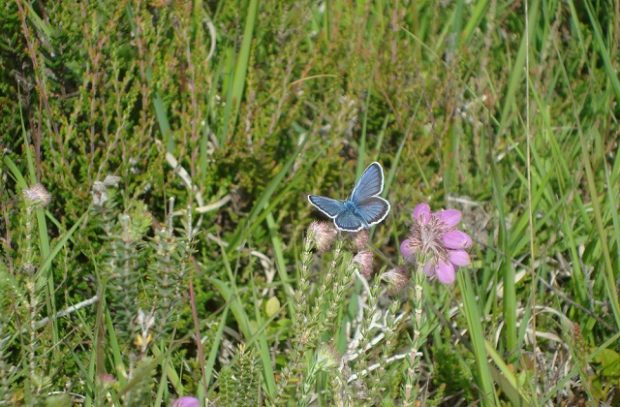
Today there was coverage in the Telegraph, Mirror, Daily Mail and the Yorkshire Press following a report issued by the Wildlife Trust today which suggests pesticide use should be reduced in order to protect pollinators.
The report entitled ‘Reversing the Decline of Insects’ highlights how people, wherever they live, can take action to help insect populations thrive by planting flowers, building insect habitats and letting gardens grow wild.
The government published its National Pollinator Strategy in 2014 which set out a 10 year plan on how Government, conservation groups, farmers, beekeepers and researchers can work together to help protect pollinating insect species in England.
Defra is currently reviewing the National Action Plan on the Sustainable Use of Pesticides which will focus on the development of Integrated Pest Management and seeking pesticide alternatives.
A Defra spokesperson said:
“Bees and other pollinators are not only vital to our ecosystems, but they contribute the equivalent of more than £500 million a year to UK agriculture and food production, by improving crop quality and quantity.
“We have been clear we will not compromise on our high food and environmental standards and we will only permit the use of pesticides where robust scientific assessment shows they will not cause any harm to people, pollinators or the wider environment.”
After the Transition Period the UK government will be able to take independent decisions on pesticides and ensure that the regulation of pesticides continues to develop with scientific knowledge in order to protect people and the environment.
Follow Defra on Twitter, and sign up for email alerts here.
1 comment
Comment by Sarah Nason posted on
How can Government say they will only permit pesticide use where it "will not cause harm to pollinators and the wider environment" when we all know it does just that!